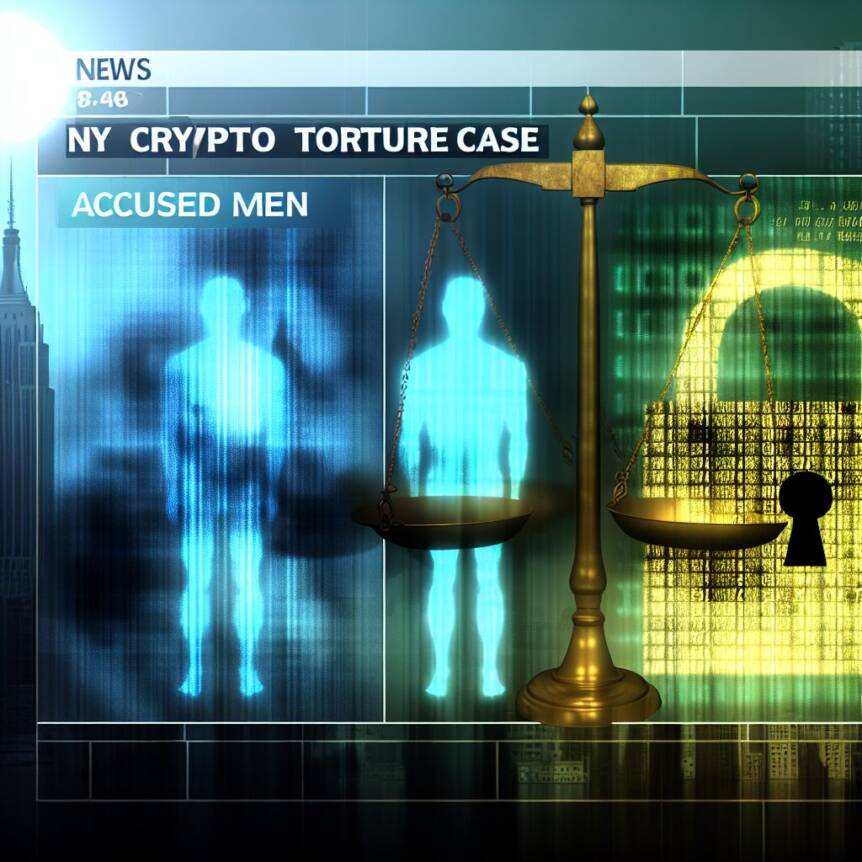In recent developments, two suspects connected with a set of crypto-related kidnappings have been granted bail. As cryptocurrencies like Bitcoin and Ethereum gain traction, crime related to this digital realm, including theft and kidnapping for crypto-ransoms, has seen a troubling uptick, highlighting broader challenges for law enforcement and security frameworks within the burgeoning sector.
Kidnapping for Crypto Ransom
The case in question involves a spate of kidnappings where the attackers specifically demanded ransom in cryptocurrency. This method is increasingly favored by criminals due to the perceived anonymity and ease of transfer provided by blockchain technology. The suspects were reportedly released on bail pending further investigation, raising concerns about the efficiency of legal frameworks when dealing with crypto crimes and the potential for suspects to evade justice.
Challenges in Regulation and Law Enforcement
The release of these suspects on bail underscores the complicated nature of regulating and policing the cryptocurrency space. Law enforcement agencies worldwide struggle to keep pace with the rapidly evolving tactics employed by criminals using digital currencies. The quasi-anonymous nature of transactions and the global accessibility of cryptocurrency platforms often leave regulatory bodies in a catch-up position, unable to swiftly trace and apprehend offenders who use these digital assets for illicit purposes.
Additionally, the incident brings to the forefront the ongoing debate over the need for enhanced regulatory measures within the crypto industry. Calls for stronger KYC (Know Your Customer) and AML (Anti-Money Laundering) regulations have intensified, with the aim of creating a more secure and less exploitable environment for cryptocurrency users.
Implications for the Crypto Market
Pending legal actions such as this one have a tangible impact on the perception and stability of the cryptocurrency markets. Investors and users are often cautious due to the potential for crypto-assets to be associated with criminal activities, affecting market stability and the reputation of legitimate operations within the blockchain space.
These incidents serve as a stark reminder of the urgent need for international cooperation and robust legal frameworks to govern the decentralized landscape of cryptocurrencies. As the digital asset space continues to evolve, so too must the strategies for its protection and the safeguarding of its participants.
The balance between innovation in the blockchain sector and the imperative for secure, regulated operation remains a key focus for both industry leaders and policymakers moving forward.







